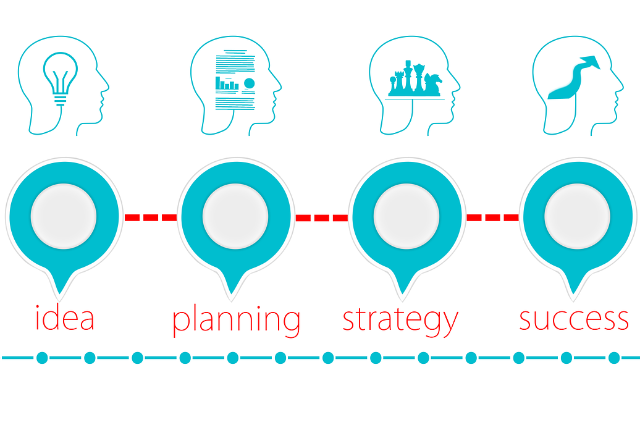
The multifaceted nature of success
The word "success" holds different meanings for different people, thus embodying a multitude of interpretations and values. For some, it is purely material, like learning a new skill, getting a job, or earning more money. For others, it also involves living an authentic life, experiencing inner happiness, and fulfilling one's life purpose. This essay explores the various dimensions of success, its subjective nature, and the factors contributing to its attainment.
Traditionally, success has often been equated with material gains such as financial wealth, social status, and professional achievement. The accumulation of wealth, the acquisition of prestigious positions, and the attainment of fame have been conventional benchmarks shaping the traditional narrative of success. While this perspective remains relevant, it is increasingly viewed as limited and overly materialistic. In contrast, many people now realize that true success is also defined by personal fulfilment and inner happiness. This contemporary perspective emphasizes the importance of achieving a balanced and meaningful life, where personal satisfaction and emotional well-being take precedence over material gains. In this view, success is about pursuing passions, maintaining healthy relationships, and finding contentment in everyday life.
Factors Contributing to Success
Achieving success, regardless of its definition, typically involves a combination of several key factors:
Hard Work and Perseverance:
Consistent effort, a disciplined lifestyle, organized planning, and the ability to overcome setbacks are crucial in the pursuit of success. Persistence in the face of challenges often differentiates successful individuals from others.
Talent and Skills:
Success is significantly influenced by both innate talents and the development of necessary skills. Whether in the arts, sciences, business, or personal endeavors, honing a strong skill set is fundamental to achieving goals.
Opportunity and Luck:
External factors such as opportunities and chance events can greatly impact one's path to success. Being in the right place at the right time and seizing opportunities as they arise often contribute to successful outcomes.
Support Systems:
The encouragement and assistance from family, friends, mentors, and colleagues provide essential emotional and practical support. A robust support network helps individuals navigate challenges and remain motivated.
Mindset and Attitude:
A positive and resilient mindset is vital. Believing in oneself, maintaining optimism, and being adaptable in the face of adversity are critical traits that influence success. Techniques like autosuggestion and visualization can powerfully reinforce positive affirmations in one's subconscious mind.
Conclusion
Success in life is not defined by its traditional markers but by how one navigates failures. Failure is not the opposite of success; it is an integral part of it. Success is more than just wealth and status; it's about personal fulfilment, happiness, and reaching your own goals. Ultimately, the journey to success is influenced by a combination of hard work, talent, opportunity, support, and mindset. By seeing success holistically, you can lead a balanced and meaningful life.
